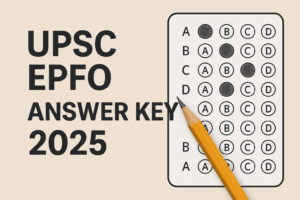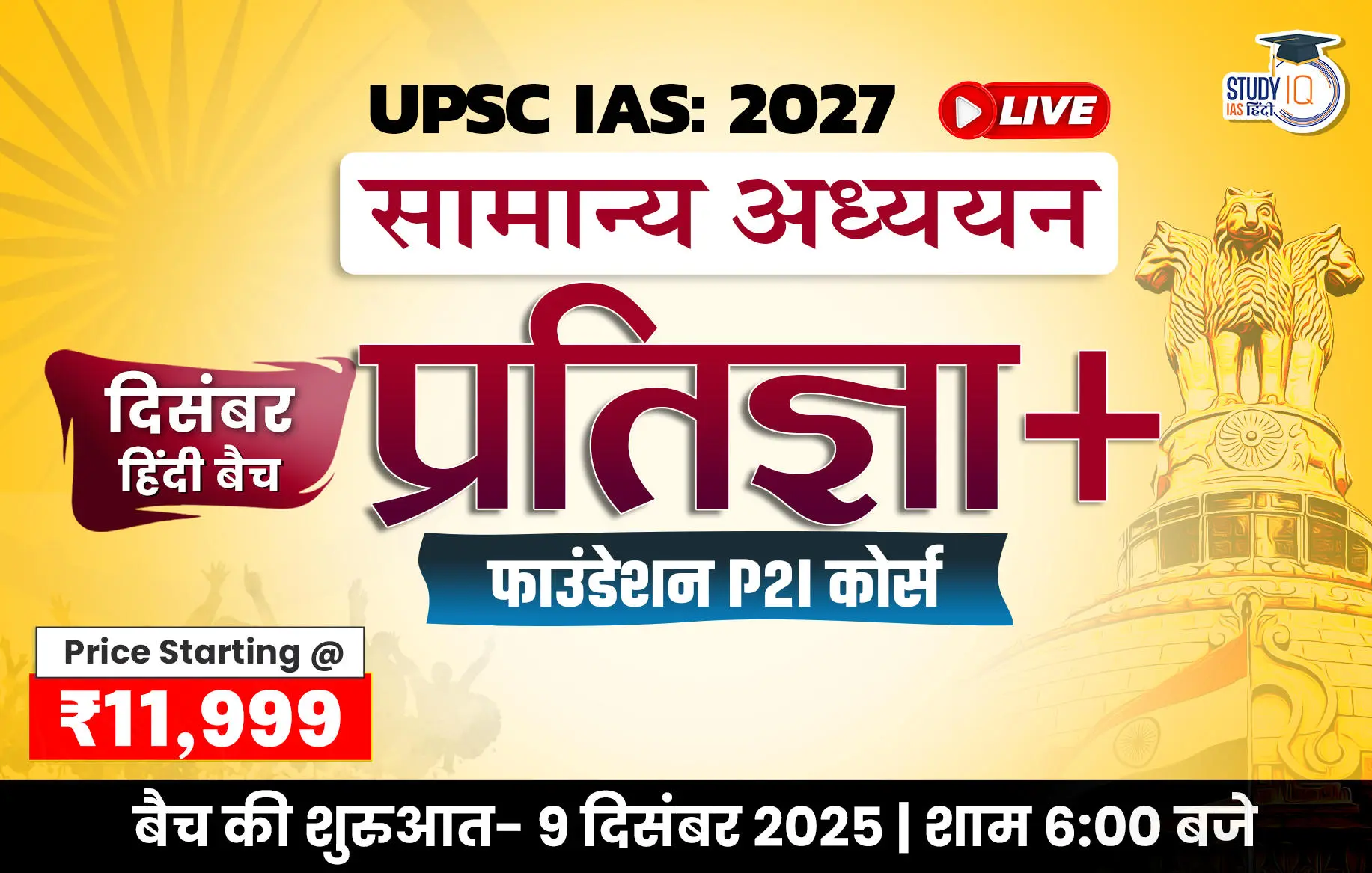Table of Contents
Introduction
Gender Equality refers to the equal rights, responsibilities, and opportunities of all genders While, Gender Equity- recognizes that different genders may require different resources and support to achieve equality. Women’s Empowerment is the process of increasing the social, economic, political, and spiritual strength of women.
India stands at 108/ 193 countries on Gender Inequality Index 2022.
Body
Difference between gender equality, Gender equity and women’s empowerment
| Gender Equality | Gender Equity | Women Empowerment |
|
|
|
Importance of Considering gender concerns into account in programs design and Implementation:
- Inclusive development- it fosters more balanced and sustainable development wherein equal participation and opportunities for the women are addressed.
- Addressing the inequalities– (a) Education- India ranks 125/159 in Gender Inequality Index (2017); (b) Political inequality– women MPs – 14% in 18th Lok Sabha (c) Economic inequality– Global Gender Gap Report (WEF) 2024- India ranks 129/146 countries.
- Social justice– it ensures the marginalised voices are being heard and considered in decision making.
- Enhanced outcomes & targeted solutions– there has been several evidences of gender responsive programmes leads to better social and economic outcomes eg. Kudumbashree scheme of Kerala
Conclusion
Grasping and addressing gender equality, equity, and women empowerment are essential for developing inclusive, effective, and sustainable programs.
| Related Post | |
| UPSC Mains GS 1 Question Paper 2024 | UPSC Mains GS 1 Analysis 2024 |
| UPSC Mains Essay Question Paper 2024 | UPSC Mains Essay Analysis 2024 |
| UPSC Mains GS 2 Question Paper 2024 | |


 UPSC CSE Interview Schedule 2025: Dates,...
UPSC CSE Interview Schedule 2025: Dates,...
 UPSC EPFO Cut Off 2025 (Expected): Categ...
UPSC EPFO Cut Off 2025 (Expected): Categ...
 UPSC EPFO Answer Key 2025 Out (Unofficia...
UPSC EPFO Answer Key 2025 Out (Unofficia...

























